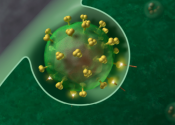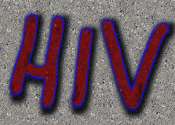Itaconic acid synthesis reduces interferon responses and inflammation in influenza A virus infection
An important task of the human immune system is to maintain the critical balance between efficient defense against a pathogen on the one hand and protection of affected tissues on the other. Disease patterns of viral infections ...
Feb 16, 2022
0
10









